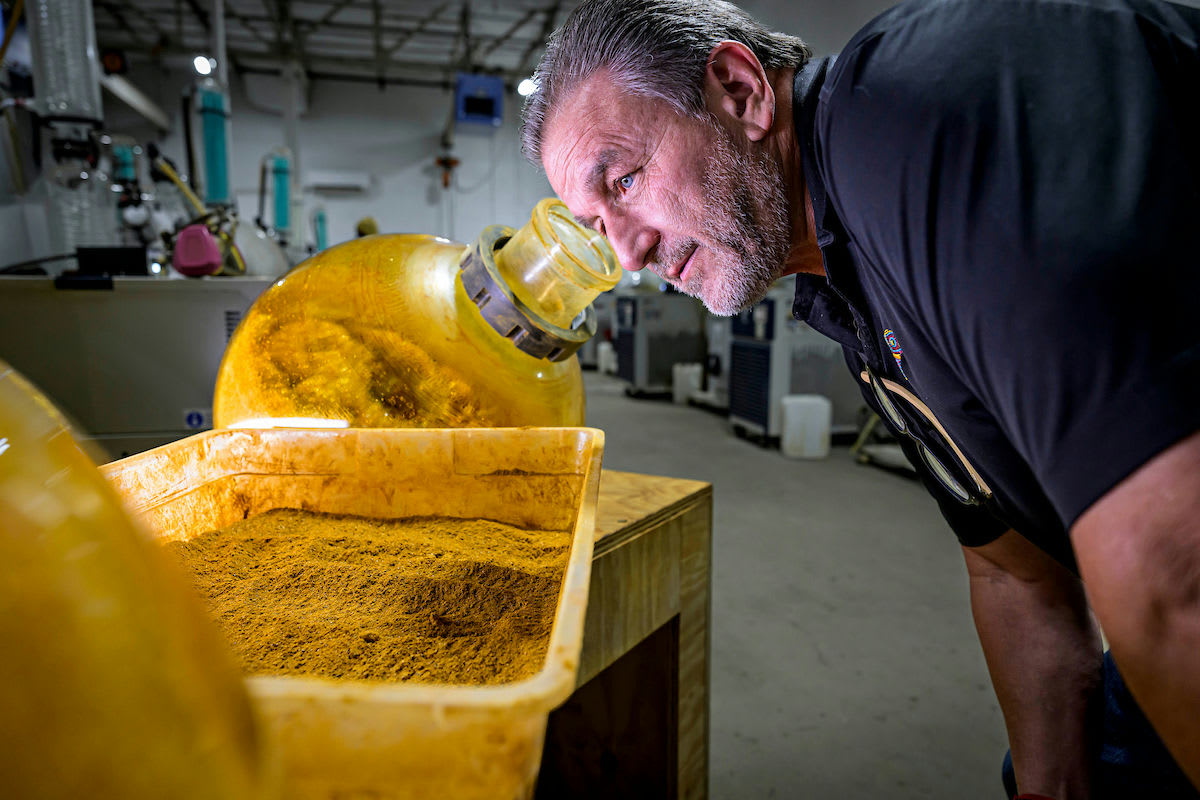Poison control calls for kratom have soared in recent years
New research reveals a dramatic rise in the number of calls to U.S. poison control centers regarding the herbal supplement kratom. The plant, which is native to Southeast Asia, has been the source of controversy in recent years, as its use has been touted as an alternative to opioids and other painkillers, as well as a supposed treatment for depression, anxiety, and symptoms of opioid withdrawal.
But kratom, often taken as a pill or brewed as tea, is not regulated by the FDA and health officials have expressed concerns about its safety.
The study, published in the journal Clinical Toxicology, found that calls to U.S. poison control centers about kratom skyrocketed more than 50-fold, from 13 calls in 2011 to 682 calls in 2017. That's the equivalent of going from about one call a month to two calls a day. Overall, there were more than 1,800 calls over the entire study period, with two-thirds occurring in the two most recent years.
More than half of the cases in the study involved serious medical issues, and nearly a third resulted in admission to a health care facility. Side effects in the study ranged from rapid heartbeat, agitation and irritability, and hypertension to seizures, coma, kidney failure, and even death.
"Kratom use has been associated with a variety of serious medical outcomes, from seizures and coma in adults to severe withdrawal syndrome in newborns," Henry Spiller, co-author of the study and director of the Central Ohio Poison Center at Nationwide Children's Hospital, said in a statement. "Individuals who choose to use kratom need to be aware of the potential risks. Just because it is currently classified as an herbal supplement does not mean it is regulated or that it is safe."
According to the American Kratom Society, 3 to 5 million people in the United States use kratom.
The Drug Enforcement Administration (DEA) lists it as a "drug of concern," and because it is not regulated, product quality, purity, and concentration vary among products dramatically. The FDA has also issued several warnings regarding kratom in recent years.
"Scientific data we've evaluated about kratom provides conclusive evidence that compounds contained in kratom are opioids and are expected to have similar addictive effects as well as risks of abuse, overdose, and in some cases, death," FDA Commissioner Scott Gottlieb said in a statement last year.
The agency is also investigating reports of 44 deaths connected to kratom use.
In the current study, nine of the 11 deaths reported involved people who had taken another drug with kratom, including alcohol, diphenhydramine (allergy medicine), benzodiazepines (anti-anxiety medications), fentanyl, and cocaine.
Forty-eight cases of kratom exposure involved children aged 12 and younger, and 69 percent of these were children younger than 2 years old. Seven were newborns, five of whom were experiencing symptoms of withdrawal.
"As physicians, we need to educate pregnant women on the risks of kratom use during pregnancy and while breastfeeding," Spiller said.
The study authors call for increased regulation of kratom by the FDA.
"At a minimum, kratom products should be free of potentially harmful contaminants, provide a uniform strength of active ingredients, and have appropriate labeling," they conclude. "Increased regulation of kratom products would help guarantee product quality and safety."



